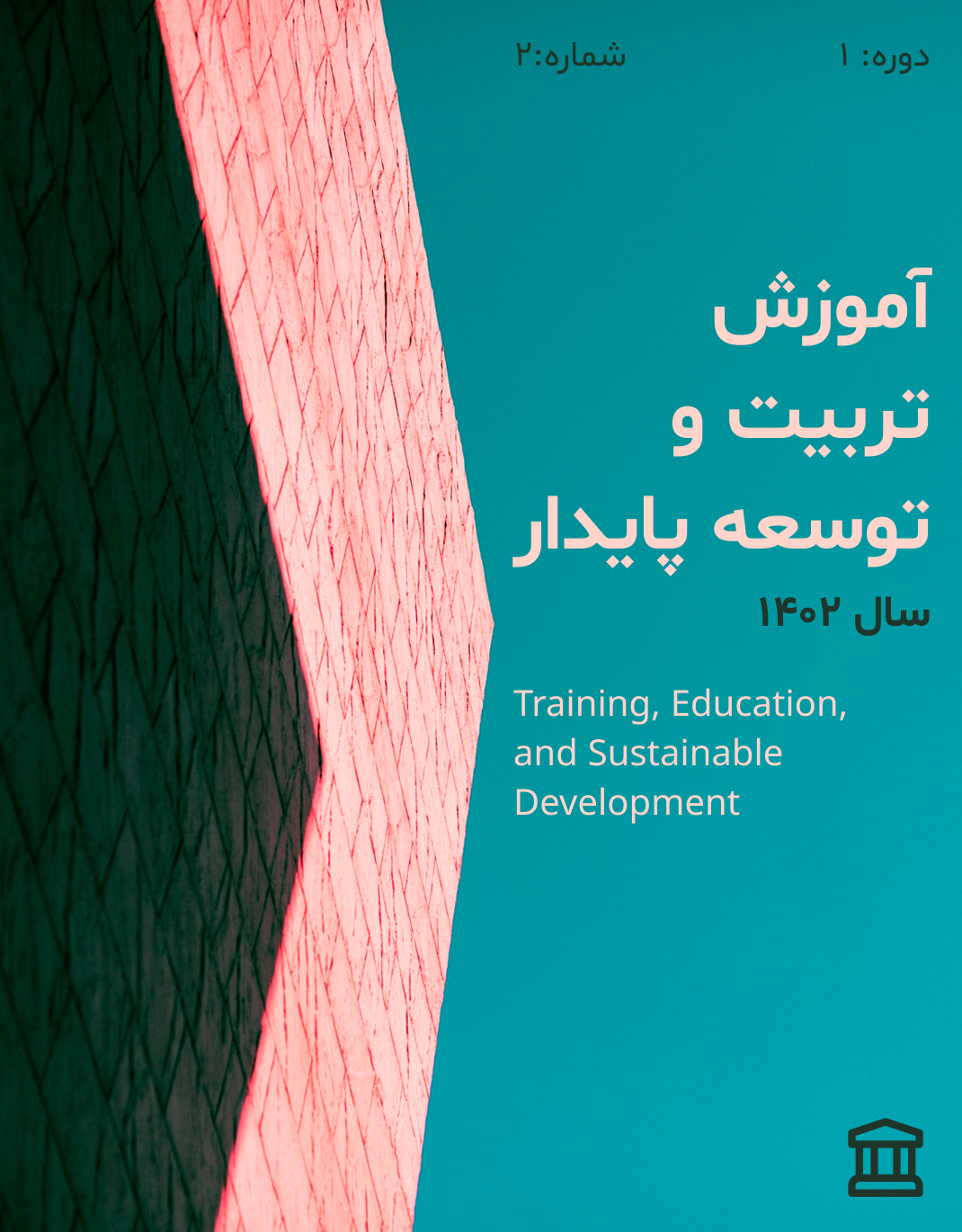Exploring the Dimensions of Academic Resilience in Underprivileged Students
Keywords:
Academic resilience, underprivileged students, social support, educational coping, thematic analysis, equity in educationAbstract
This study aimed to identify and explore the dimensions of academic resilience among underprivileged urban students, focusing on personal, social, and coping factors. This qualitative study employed an interpretative phenomenological approach. Participants included 28 underprivileged secondary school students from Tehran, selected through purposive sampling with maximum variation. Data were collected via semi-structured interviews and analyzed using thematic analysis with NVivo software. The data collection process continued until theoretical saturation was achieved. The results revealed three major dimensions of academic resilience: internal resources (achievement motivation, self-efficacy, hope, and meaning-making in education), external support (family, teachers, peers, and social organizations), and coping strategies (resource management, learning gap recovery, cognitive coping, and emotional regulation). The interplay between these dimensions was found to play a crucial role in sustaining educational engagement and overcoming learning barriers. Academic resilience among underprivileged students is a multilayered, contextual, and dynamic construct shaped by the integration of psychological resources, social support, and adaptive coping skills. The findings provide a foundation for designing educational and psychological interventions in deprived schools and support equity-based educational policy-making.
Downloads
References
Cassidy, S. (2015). Resilience building in students: The role of academic self-efficacy. Frontiers in Psychology, 6, 1781. https://doi.org/10.3389/fpsyg.2015.01781
Cefai, C. (2004). Pupil resilience in the classroom: A teacher's framework. Emotional and Behavioural Difficulties, 9(3), 149-170. https://doi.org/10.1177/1363275204045552
Hart, A., Blincow, D., & Thomas, H. (2007). Resilient therapy: Working with children and families. Routledge.
Martin, A. J., & Marsh, H. W. (2006). Academic resilience and its psychological and educational correlates: A construct validity approach. Psychology in the Schools, 43(3), 267-281. https://doi.org/10.1002/pits.20149
Martin, A. J. (2013). Academic buoyancy and academic resilience: Exploring 'everyday' and 'classic' resilience in the face of academic adversity. School Psychology International, 34(5), 488–500. https://doi.org/10.1177/0143034312472759
Masten, A. S. (2014). Ordinary magic: Resilience in development. Guilford Press.
Morales, E. E. (2008). The resilient mind: The psychology of academic resilience. The Educational Forum, 72(2), 152–167. https://doi.org/10.1080/00131720701805017
Morales, E. E., & Trotman, F. K. (2011). A focus on hope: Fifty resilient students speak. University Press of America.
Rew, L., Taylor-Seehafer, M., Thomas, N. Y., & Yockey, R. D. (2001). Correlates of resilience in homeless adolescents. Journal of Nursing Scholarship, 33(1), 33–40. https://doi.org/10.1111/j.1547-5069.2001.00033.x
Ungar, M. (2012). The social ecology of resilience: A handbook of theory and practice. Springer.
Ungar, M. (2013). Resilience, trauma, context, and culture. Trauma, Violence, & Abuse, 14(3), 255–266. https://doi.org/10.1177/1524838013487805
Waxman, H. C., Gray, J. P., & Padron, Y. N. (2003). Review of research on educational resilience. Center for Research on Education, Diversity and Excellence.
Downloads
Published
Submitted
Revised
Accepted
Issue
Section
License

This work is licensed under a Creative Commons Attribution-NonCommercial 4.0 International License.


